China has given unprecedented support in the TCM (traditional Chinese medicine) and successively introduced many policy documents conductive to the TCM development in recent years. However, the Chinese TCM market has some problems itself or caused some problems in the context of "TCM boom" and TCM demand growth, wherein, the fake and inferior drugs are one of the biggest problems.
Reporters of CCTV have investigated in secret the biggest TCM distributing center of China recently—Bozhou of Anhui that is famous as "Medicine Capital". According to the reporter investigation, the price of the common TCM raspberry is RMB 10-200/kg, with the high and low prices having huge difference. In this regard, reports learned from the drug suppliers that their common practice was adding inferior-quality or fake one into the raspberry priced over RMB 200/kg to reduce costs. Furthermore, CCTV reporters also learned many problems, for example there was drug supplier processing and making Chinese yam into fake Corydalis yanhusuo.
In fact, the above situation shows the regulatory problems that have been existing in the Chinese TCM industry, specifically:
I. Daodi medicinal material problem
TCM stresses Daodi medicinal materials (also known as genuine medicinal materials) which are medicinal materials selected upon the long-term clinical application of TCM and produced in specific regions through specific production process, with better quality and efficacy than same medicinal materials produced in other regions and with high reputations. Names of many drugs commonly seen are prefixed with places of origin like "Sichuan", "Yunnan" and "Guang", and most of those drugs are Daodi medicinal materials.
For example, the Chinese Pharmacopoeia specifies that only the Rubus chingii in East China has the statutory efficacy, and if any drug supplier adds raspberry outside East China in the raspberry sold by it, it will not comply with the provision, however, unfortunately, it is difficult to effectively regulate such kind of problem because raspberries from different sources are not highly recognizable.
II. Fake drug problem
In my visit to the Medicine Capital Bozhou once, I learned in the exchange with the local people that "fake drugs" had been a matter known to every household there, and even the driver of the taxi I took reminded me that outsiders would easily buy fake ones when buying drugs there! The acts of adding rubus corchorifolius into raspberry and making "fake Corydalis yanhusuo" with Chinese yam exposed by CCTV reporters both showed the obvious fake drug problem.
III. Quality assurance problem
The quality assurance problem of the TCM is persistent due to the complexity of TCM itself, and a TCM may have differences in efficacy due to differences in place of origin, gathering season, medicinal part and even weather of the year.
Such quality problem is generally controlled in the regulation by specifying the main ingredient and characteristic ingredients of various TCMs, however, issues like large volume and limited homogeneity of TCM bring many difficulties to the effective regulation.
Summary
The order degree of the Chinese TCM market has been not satisfying "thanks to" the above problems. According to the Annual Analytical Report of Nonconformance Data of Drug Quality 2017, TCM accounted for up to 80% among the nonconforming pharmaceutical products in the random inspection in China in 2017, showing the seriousness of the TCM market problems.
In this regard, the drug administration of China has taken many measures, especially, the relevant departments have taken TCM regulation seriously under the background of vigorous development of TCM. The State Drug Administration of China (SDA) has lately issued the Technical Guidelines for the Modification of Provincial Specifications for the Processing of Traditional Chinese Medicine Decoction Pieces intended to strengthen TCM decoction piece management, regulate the modification of provincial specifications for the processing of TCM decoction pieces, and strengthen the quality controllability of TCM decoction pieces. Jiao Hong, Head of the SDA, specially chaired the "Symposium on the Regulation of Traditional Chinese Medicine Decoction Pieces" at the end of April, to collect relevant comments and suggestions of various people in the TCM industry such as TCM academicians and enterprise heads, to contribute to strengthening TCM decoction piece quality management.
From the perspective of the regulation dynamics, the drug administration has largely increased the regulation on the TCM market recently, and investigated and treated more and more cases involving fake and inferior TCMs. For example, SDA (formerly CFDA) has recently released a notice on 7 batches of nonconforming TCMs including mint of Anguo Yuanguang Pharmaceutical Co., Ltd., etc. All the signs indicate that the TCM industry with prominent problems may receive stricter regulation, and usher in "reshuffle" and "reorganization"!
Register as Visitor to CPhI China 2018!





 ALL
ALL Pharma in China
Pharma in China Pharma Experts
Pharma Experts Market News
Market News Products Guide
Products Guide Brand Story
Brand Story
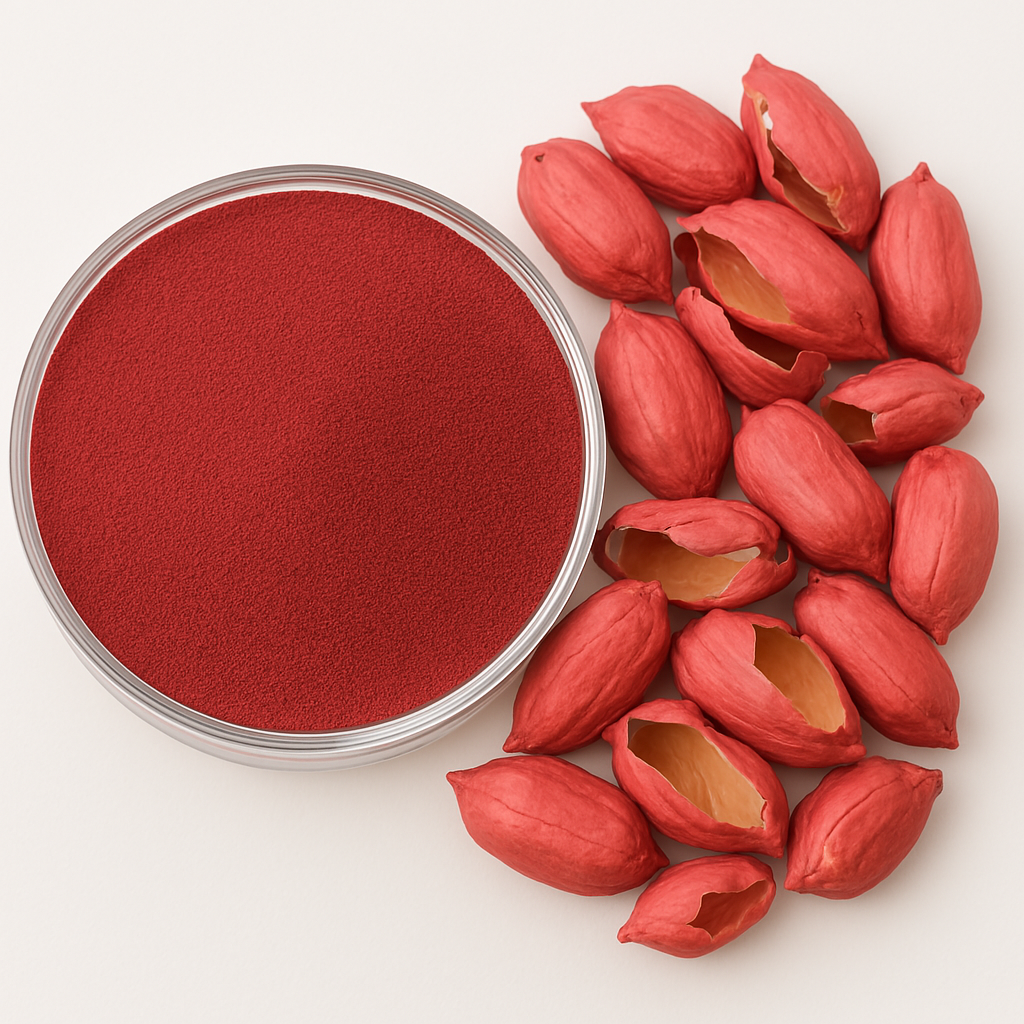
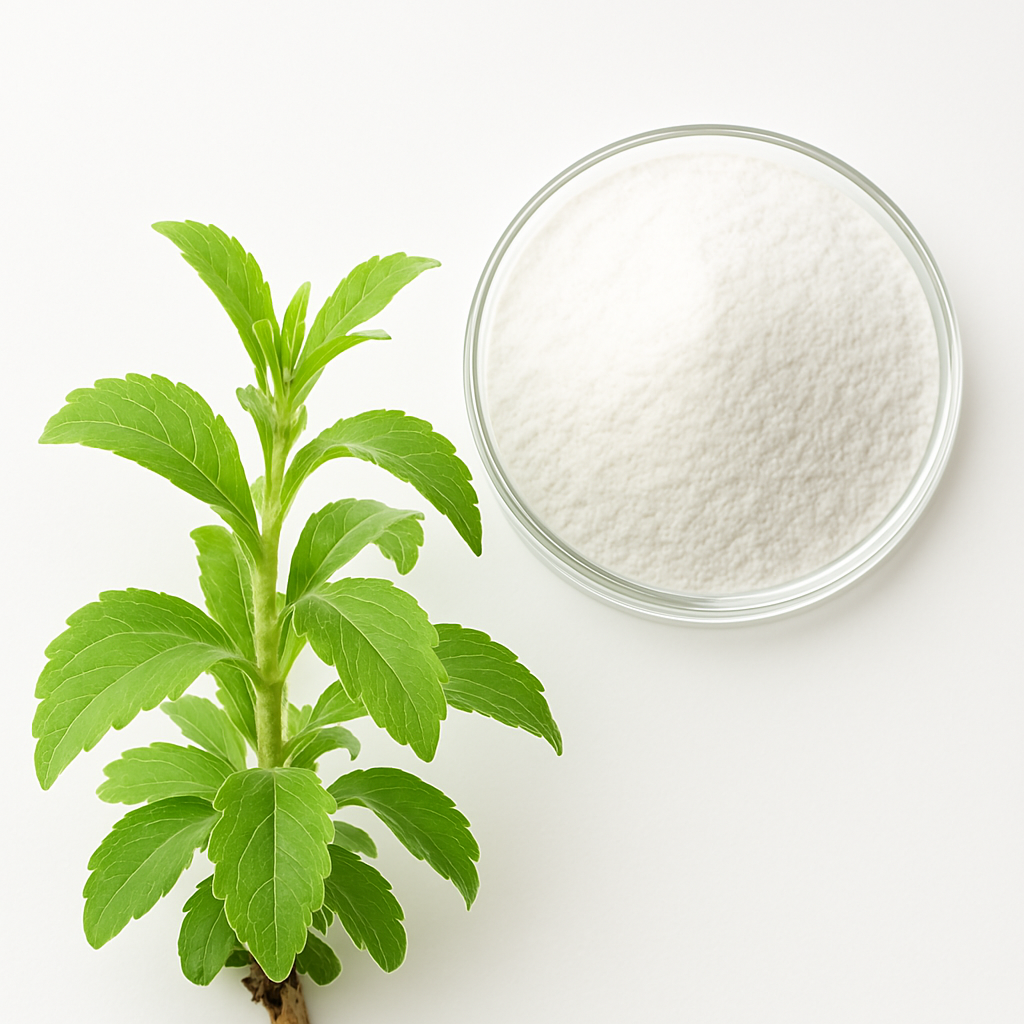

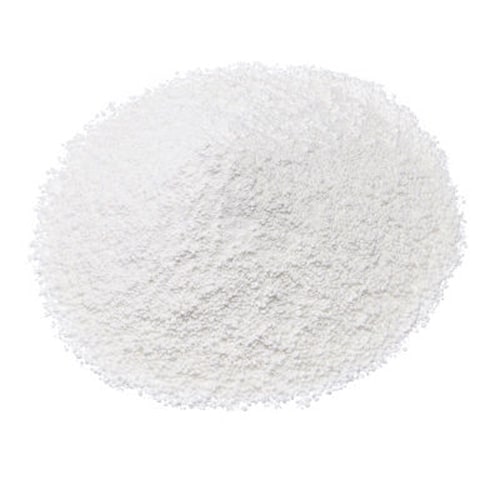
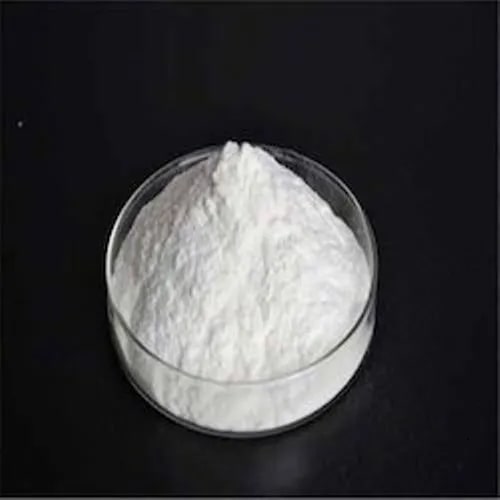
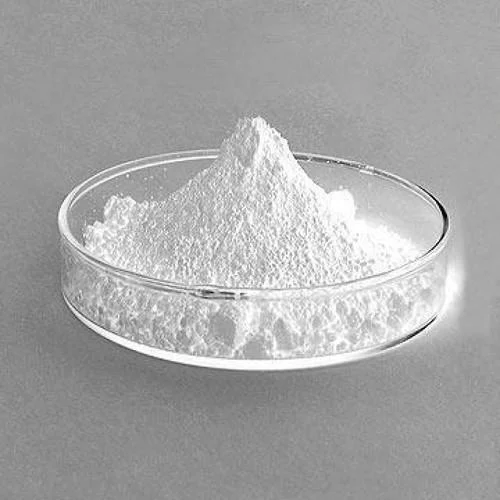












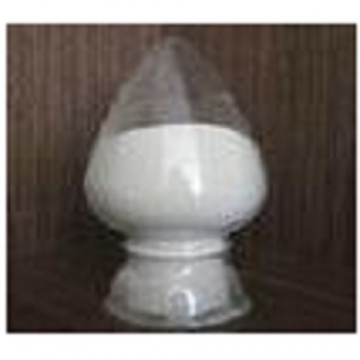
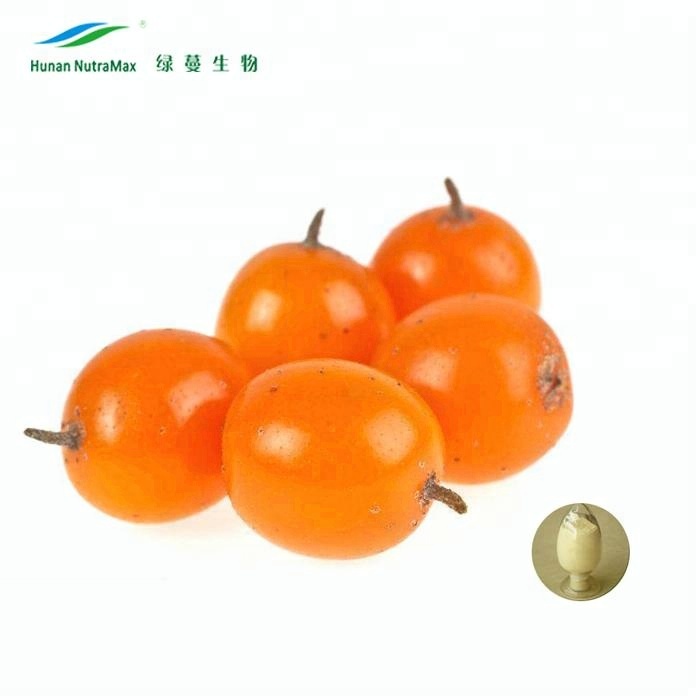






 Pharma Sources Insight January 2025
Pharma Sources Insight January 2025








